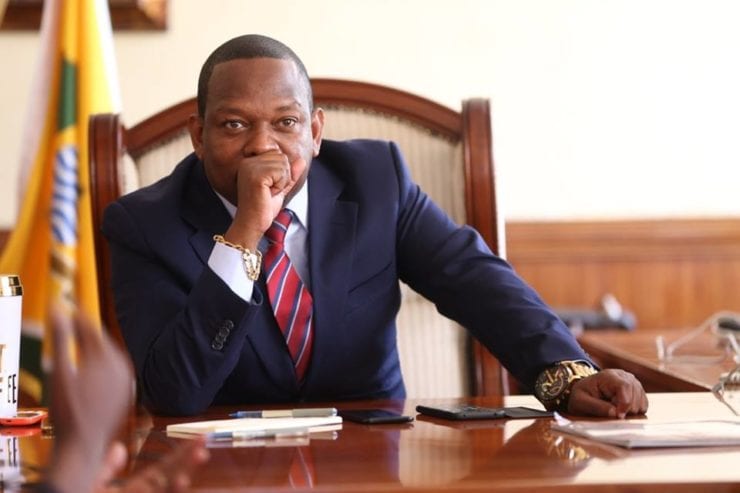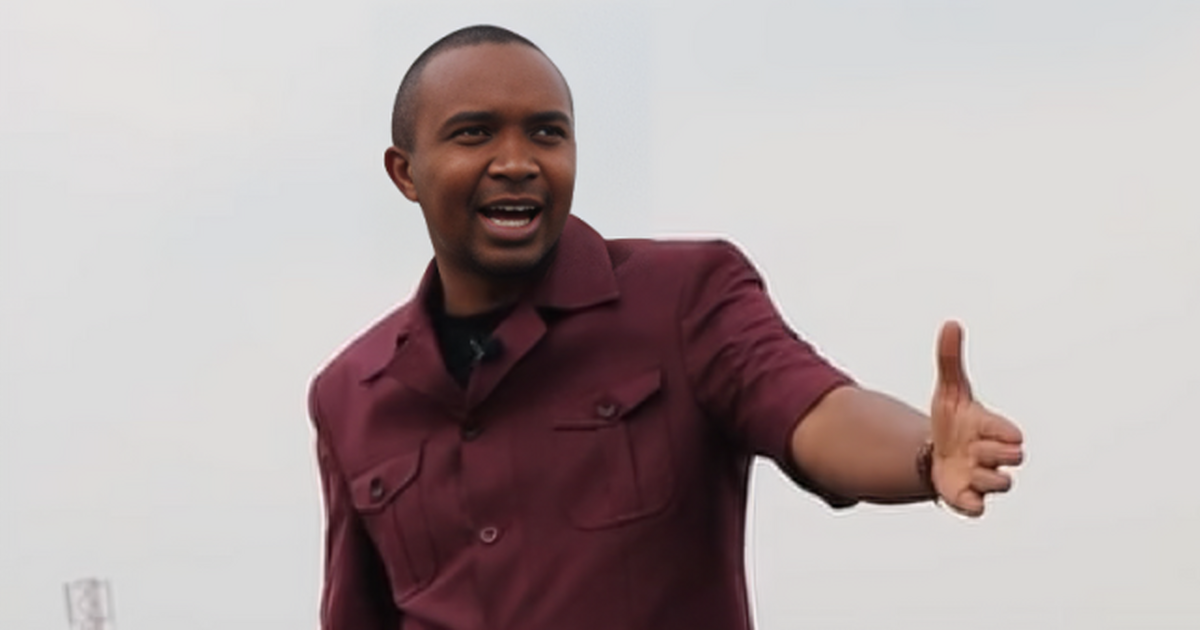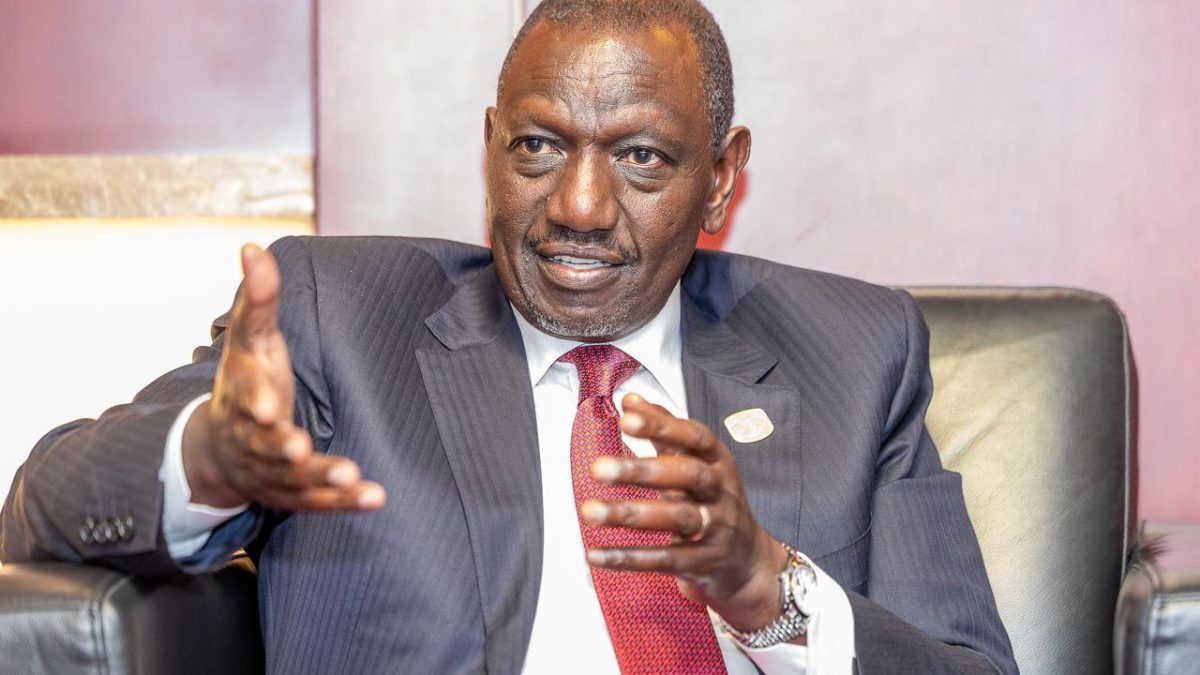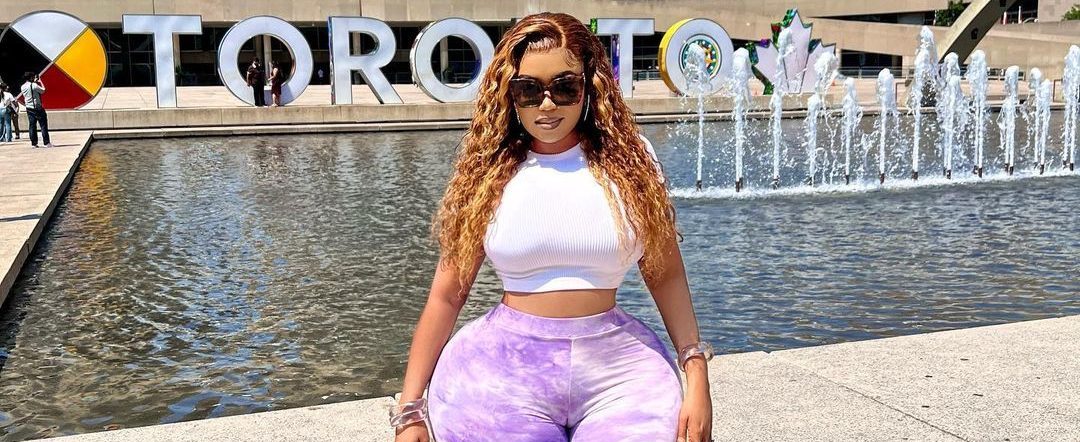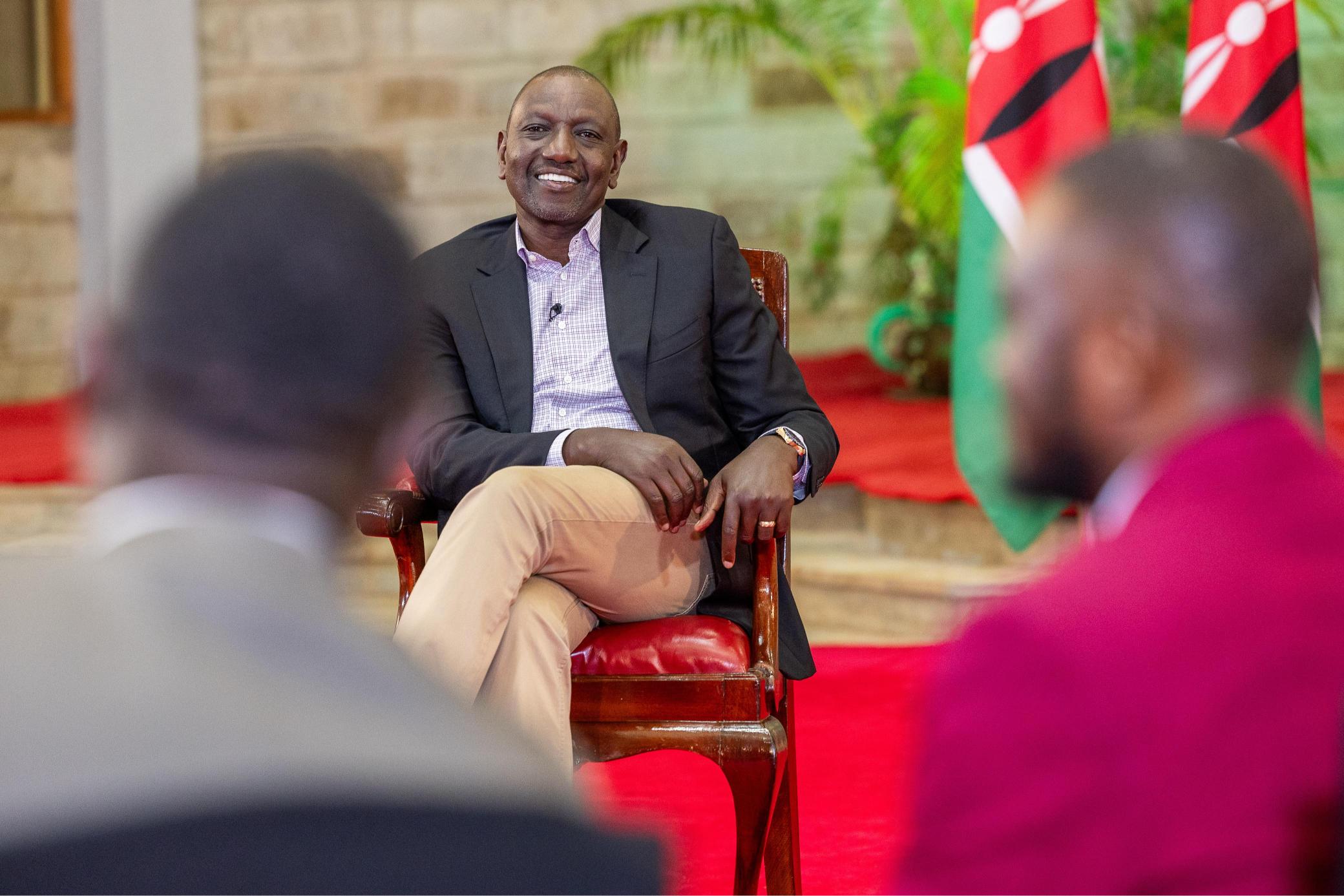Ruto’s Succession Remarks and Ojwang’s Death Ignite National Uproar: Kenyans Demand Accountability
Kenya is in the grip of mounting public anger following two major developments that have shaken the nation’s trust in its leadership: President William Ruto’s recent comments about the 2027 succession and the explosive confession by a police officer over the death of blogger and teacher Albert Ojwang’.
In remarks posted by Kenyans.co.ke on June 15, 2025, President Ruto stirred controversy by saying, “We cannot hand over to people with no plan. All they keep saying is ‘Ruto must go.’ They have no agenda. They have no plan to do anything.” His comments sparked fierce backlash on social media, where users accused him of undermining democracy.
“He thinks he gets to decide who leads Kenya next? We’ll disappoint him by 6 a.m.,” mocked @Blatta001. Others like @sincara_son echoed a broader sentiment of political fatigue, forecasting Ruto’s swift downfall. Critics framed his words as an attempt to cling to power, reminiscent of former President Uhuru Kenyatta’s miscalculated succession maneuvers in 2022.
Online, the criticism was scathing. @Eddie_Mugoh claimed Ruto was now at odds with “55 million Kenyans,” while @mumbocharles4 reminded him, “You will comply with the Constitution. You will hand it over.” Some warned of regional historical parallels, with @Kyalo invoking Burkina Faso’s 2014 coup: “The former president thought the same… look at that country now.”
The unrest was only worsened by new developments in the tragic death of 31-year-old Albert Ojwang’. On June 7, he died in police custody at Nairobi’s Central Police Station. Now, a damning confession by Police Constable James Mukhwana has stunned the public further.
In a detailed statement to the Independent Policing Oversight Authority (IPOA), Mukhwana admitted to orchestrating the fatal assault under direct orders from senior officers, including Officer Commanding Station (OCS) Talaam and Deputy Inspector General (DIG) Eliud Kipkoech Lagat. He even alleged inmates were paid KSh 2,000 to carry out part of the beating.
The revelations have reignited outrage. “Mukhwana’s confession exposes the rot in our police force,” wrote @Kinyanjui254. “If Lagat ordered this, heads must roll!” @WanjiruKE demanded the immediate arrest of the senior officers involved, calling it “murder, not discipline.”
The confessional fallout has amplified calls for police reform and justice. @NjeriActivist warned of a broader cover-up: “The attempt to bury this shows how deep it goes. IPOA must dig deeper.” Others, like @MwangiJustice, questioned whether the brutality was politically motivated: “Who above Lagat gave the green light? #RutoMustAnswer.”
Opinions about Mukhwana’s confession remain divided. Some see him as a whistleblower—@KibetVoice said, “At least he came clean.” But others remain unforgiving. “Crocodile tears won’t save him,” said @ShiroKE. “He followed orders to beat a man to death. Jail him!”
With nationwide protests gaining momentum, President Ruto finds himself in a tightening vice of political pressure and public dissent. His recent acknowledgement that Ojwang’ died “at the hands of police” reversed earlier official statements and has only deepened suspicions.
From calls to dissolve police leadership to warnings of democratic backsliding, the message from Kenyans is loud and clear: accountability must be swift, systemic, and far-reaching. The coming months will test whether the Ruto administration can restore public trust—or face the wrath of an increasingly restless nation.

